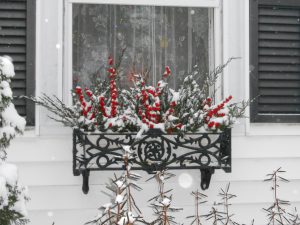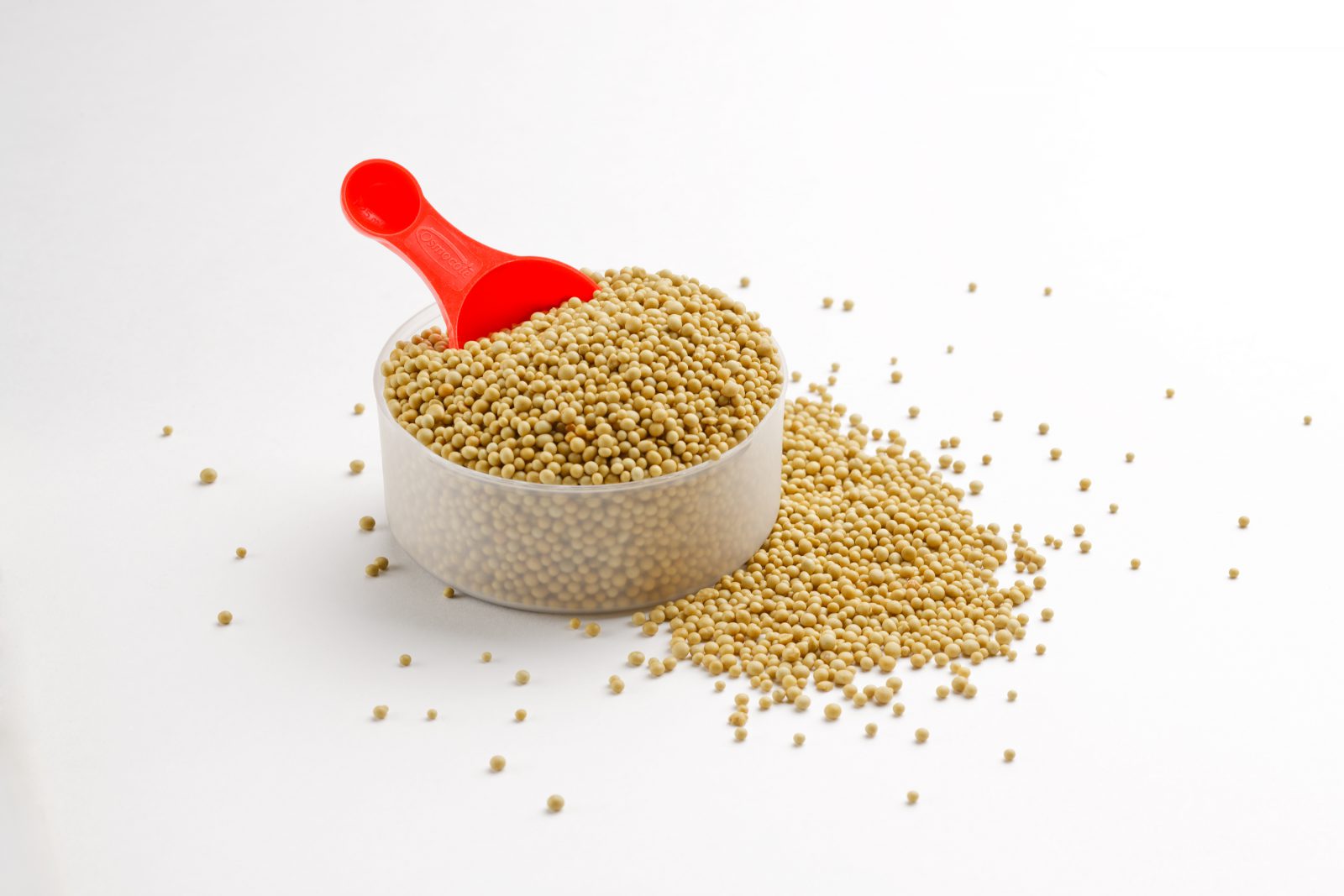What the Polar Vortex Means for Birds and Roses
Views: 4055

January always evokes all kinds of thoughts and feelings.
When I was a younger person, I hated the month of January! It felt like the longest month of the year and seemed to go on forever. That’s one of the best things about getting a little older… nothing lasts forever anymore.
We’ve had one heck of a long winter already this year. It started in November with temperatures all month, more like February. December was as cold here as a normal January, and this month has had record warm temps (57 degrees one day) and record low temps (well below zero). January has been a temperature roller coaster!
Keeping Birds Warm in a Polar Vortex
The Polar Vortex is a weather phenonenon that we haven’t seen in this part of the country in twenty years or more. It’s when a chunk of polar air breaks off the north pole and blows in for an extended stay. That cold Polar Vortex air brings shockingly frigid temperatures, and that’s when I start worrying about the birds.
Especially when it is this cold, we make sure the feeders are filled with black oil sunflower seeds and the suet feeders are full of seedy suet cakes to help the little fliers stay warm. They puff their feathers with air this time of year to help themselves stay warmer, so they look like little poof-balls on the lilac outside my pantry window, where I can get a really good look at all of them.
My window boxes are stuffed with pine boughs from Christmas and will stay that way until we thaw out. I also stuff the boxes with Winterberry, which is a wonderful shrub…a deciduous holly, native to this area,grows beautifully on the hill behind my house.
When the foliage drops in late fall, the craggy branches reach up to the cold sky in their unusual shapes completely covered with bright red berries. I alway cut a bunch and stuff them in wreaths, windowboxes, and on a swag for my lamp post. This attracts wintering robins and mockingbirds who snuggle into the greenery in the windowboxes and swallow berries to their hearts’ content! It’s always a pleasant surprise to see robins at the window in January.
As a gardener, weather watcher, and bird-watcher, I’ve noticed that many birds over the last ten to fifteen years don’t fly south anymore. We never used to see mockingbirds in the winter, not to mention flickers, grackles, brown-headed cowbirds or multiple robins.
Rose Gardens in the Winter
So, with these coldest-temperatures-in-twenty-years, where does this leave the rosarian’s garden? And, what does the rosarian do when it’s this frigid?
If you live in a normally colder part of the country and you have planted your rose crowns around 3-4″ below soil level and mulched or composted on top, don’t worry; your roses will be just fine. Most likely, there will be more winter kill than usual in a season like the one we are experiencing, but pruning all that stuff off your plants will encourage nice, new, fat basal breaks to arise from the crown of the plant. Winters like this have a tendency to rid us of some old, gnarly canes that needed to be pruned off, anyway.
As far as the Rosarian? Join your local rose society where you will find folks with the same interests!! I love the Connecticut Rose Society and think of my fellow members as extended family. Read a good rose book! My friends, Mike and Angie Chute from Rhode Island have written a great book called, ‘Roses For New England: A Guide to Sustainable Rose Gardening.’ It’s a great synopsis of everything you need to know to have a great rose garden, including lists of sustainable roses of all types and pictures to help you choose! You can visit them at www.rosesolutions.net.
Rosy Winter
Check out the rose catalogs that arrived in the mail! Revisit your pictures from last summer. Check out roses to purchase on line…just google ‘roses’ and you will be amazed what you find! You will want to order some roses soon while there is still a decent selection. Other than that, dear rose friends, enjoy a warm fire, your cozy spouse or partner, check out a good movie, and get plenty of rest. Before you know it, we’ll be back out in the garden!
Meet Marci Martin
Marci Martin has loved roses for as long as she can remember. From the time she was a little girl, she was fascinated with how…
Marci's Recent Posts

Roses and Friends at Race Point Lighthouse








